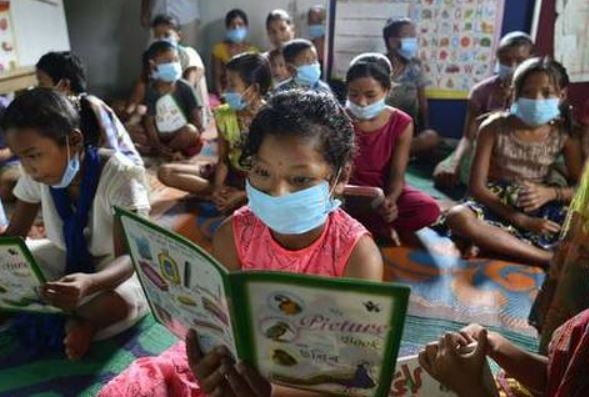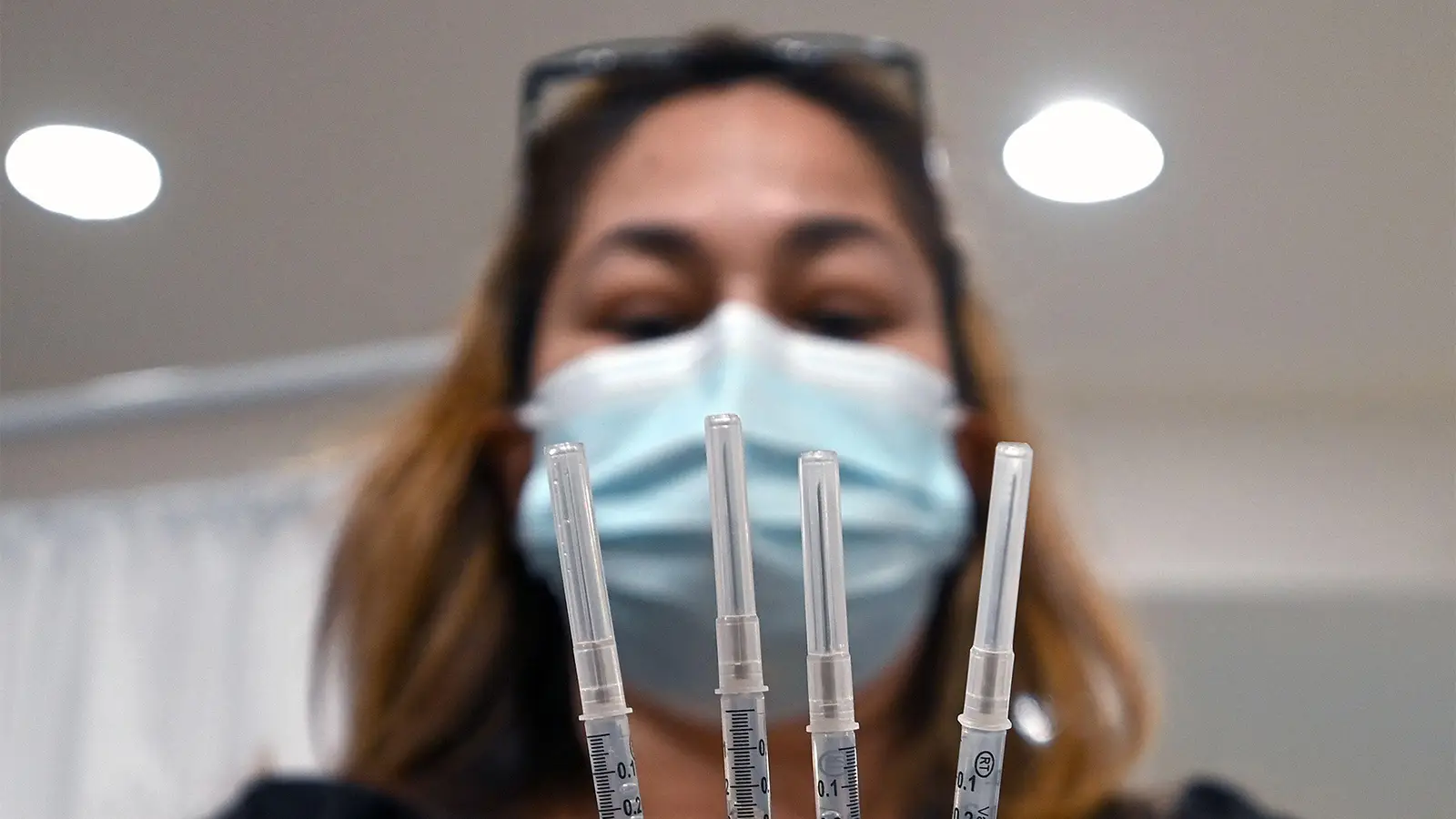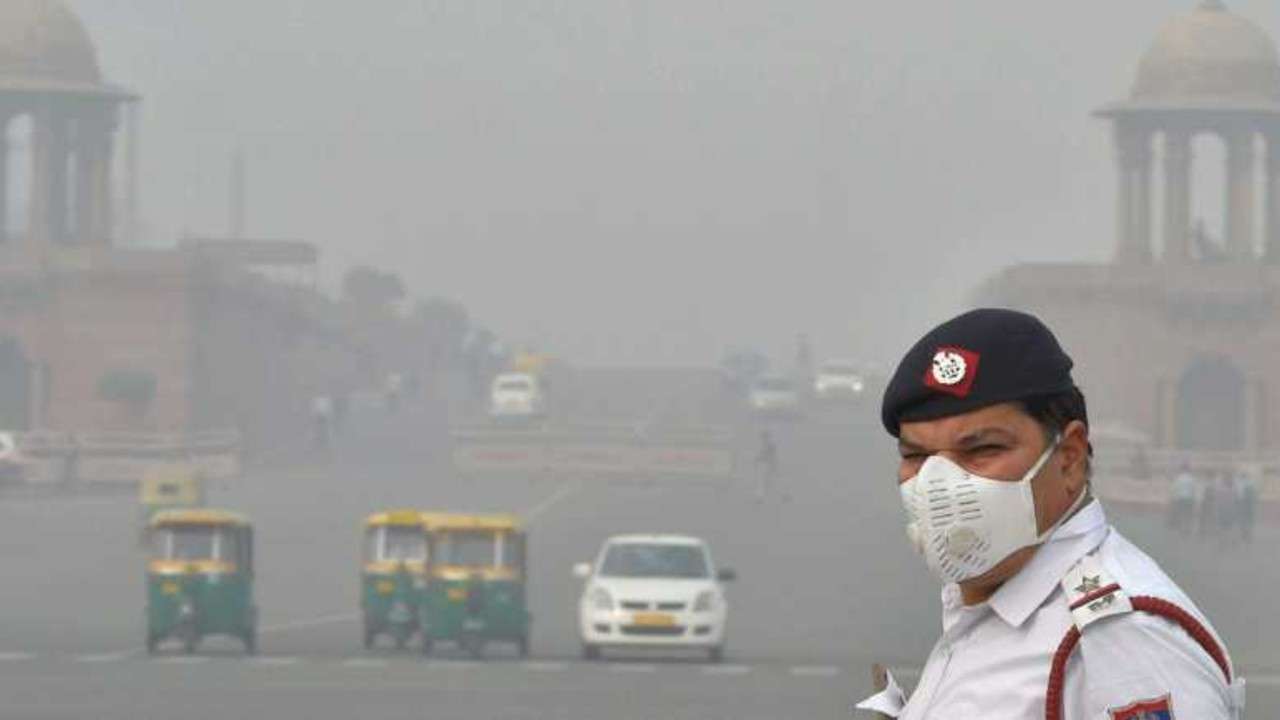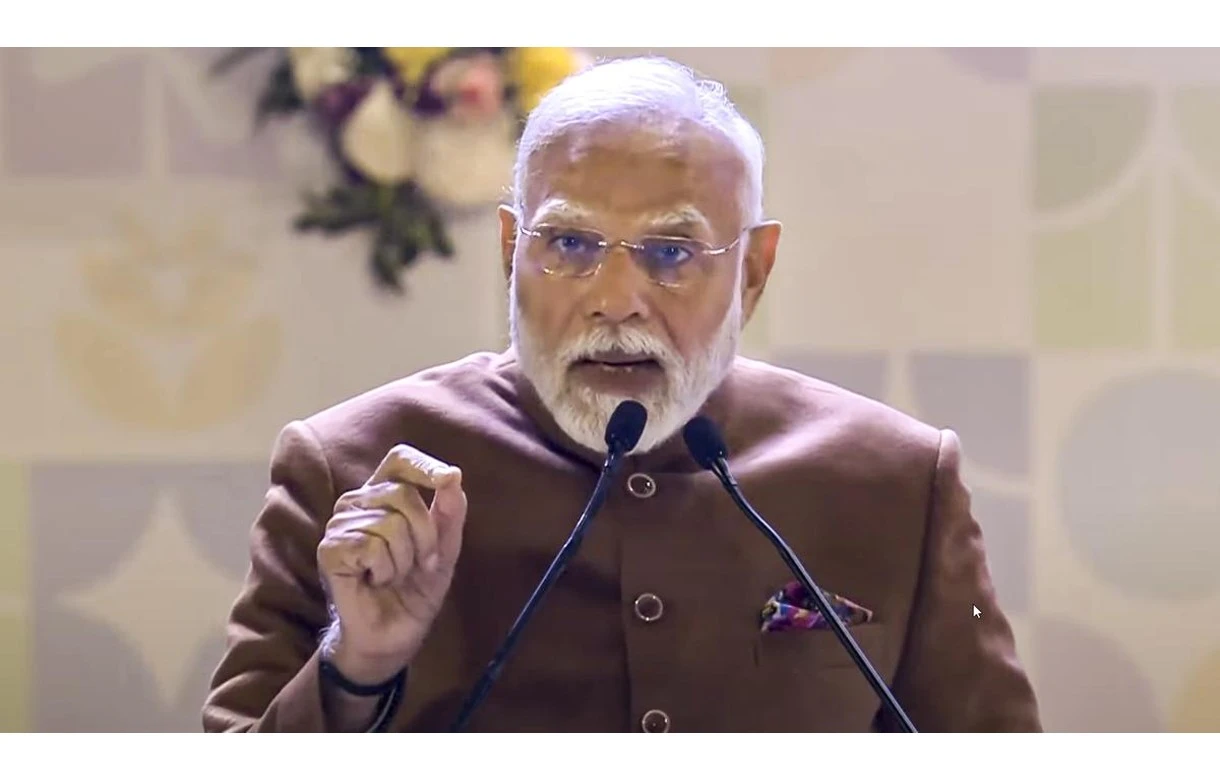India News
AIIMS chief says availability of Covid vaccine for kids will pave way for school reopening
Underlining the loss in studies in the last one-and-half years due to Covid, the AIIMS chief said the availability of Covid vaccine for kids will pave way for school reopening. Earlier, the Centre had said schools will only re-open after significant portion of the population has been Covid vaccinated.

India News
Pariksha Pe Charcha 2026: PM Modi to interact with students at 10 am today
PM Modi will address students across India at 10 am today as part of Pariksha Pe Charcha 2026, focusing on stress-free examinations and learning.
India News
PM Modi accuses Congress of anti-Sikh bias over Rahul Gandhi’s ‘traitor’ remark
Prime Minister Narendra Modi accused Rahul Gandhi of targeting BJP MP Ravneet Singh Bittu with a ‘gaddar’ remark because of his Sikh identity while speaking in the Rajya Sabha.
India News
Manipur Assembly to meet at 4 pm today, floor test likely under new chief minister
The Manipur Legislative Assembly will convene at 4 pm today, with a floor test likely as the new chief minister seeks to prove his majority in the House.
-

 Latest world news23 hours ago
Latest world news23 hours agoPakistan faces domestic backlash after India secures lower tariffs in US trade deal
-

 Cricket news24 hours ago
Cricket news24 hours agoPakistan PM Shehbaz Sharif confirms boycott of India match at T20 World Cup
-

 India News20 hours ago
India News20 hours agoManipur Assembly to meet at 4 pm today, floor test likely under new chief minister
-

 India News15 hours ago
India News15 hours agoPM Modi accuses Congress of anti-Sikh bias over Rahul Gandhi’s ‘traitor’ remark
-

 India News11 mins ago
India News11 mins agoPariksha Pe Charcha 2026: PM Modi to interact with students at 10 am today












